Santos Narrabri project: first great gas battle is over, now for the war
Santos has spent years clearing hurdles to develop Narrabri.
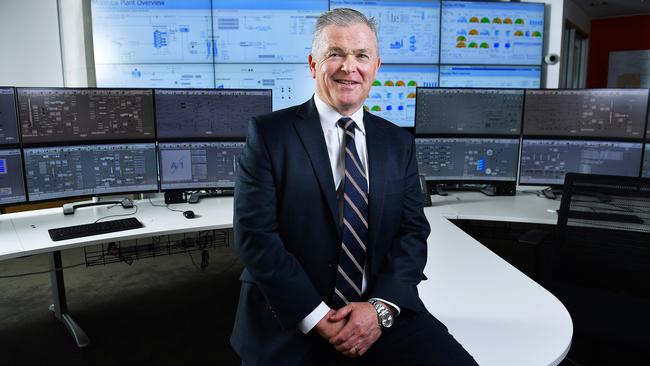
When David Casey sold the Narrabri gas permits to Santos for nearly $1bn in 2011, he expected supplies would be flowing to NSW users just a few years later.
“We always believed in the thing: me and my team. And we always knew it was one of the best coal-seam gas assets going around,” Casey, the former boss of Eastern Star Gas, tells The Weekend Australian. “But it needed someone like Santos to get it across the line.”
Nearly a decade on, Narrabri jumped a major hurdle on Wednesday after finally receiving the green light from the Independent Planning Commission to proceed with the development.
The years between saw an effective moratorium on gas development in NSW amid tensions between farmers, resource companies and environmentalists, which slowed new projects.
NSW still only supplies 5 per cent of its own gas demand, with Queensland, South Australia and Victoria providing the rest. With that backdrop, Casey can barely believe Narrabri has only just cleared an exhaustive four-year planning process given it stands to supply more than half the state’s gas needs.
“We knew there were headwinds at the time and that it would be a challenge. But I don’t think anybody thought it would take as long as it has.
“I’m certain there were times that Santos probably thought ‘is it worth the effort?’ — but the resource is there. I hope it can now move forward.”
If winning planning approvals this week represented a big step for the controversial project, Santos appears wary of an all-out celebration. And that’s partly down to the project’s troubled past.
Santos has written off the entire value of its Eastern Star Gas acquisition and has now spent close to $2bn on Narrabri, with little to show.
Santos also copped fines in 2014 for toxic spills at Narrabri that occurred under the watch of Eastern Star Gas.
Chief executive Kevin Gallagher, who joined Santos in 2016, agrees it has endured a troubled past but says he was focused on making the development work.
“I’m not going to comment on the merits of the acquisition as that was before my time. But when I arrived it had been written down to zero and we had a choice to make: do we walk away or do we pursue it?” Gallagher said on Friday.
“And I think there is vindication for sticking with it. Certainly for those people who have worked on the project since 2016, to stay with it, and the resilience they’ve shown deserves a big shout out to them.”
A 12- to 18-month drilling appraisal program will kick off before year-end, assuming it receives commonwealth environmental approval, with Santos to make a final investment decision in 2022 and first gas production expected in 2024.
Gallagher hopes to travel to Narrabri in the next few weeks to meet with locals and test the community barometer after a planning process that sparked a record level of opposition.
The 850-well proposal received a record 23,000 submissions on its environmental impact statement, with 98 per cent opposed to the project although about a third of local submissions supported the development.
More than 10,000 submissions were made to the IPC process in the last few months, dominated by those opposed to the project. Among the chief concerns raised by critics of the proposed gas facility was the potential for the Gunnedah Basin and surrounding aquifers to be poisoned due to underground drilling, putting in danger both local farms and the region’s agricultural products.
Still, Gallagher is quick to qualify the numbers.
Only 500 of the 23,000 were from Narrabri locals with many of those in support, according to the Santos boss, while fewer than 10 per cent of IPC submitters were from the region.
But he does recognise that the fight may have only just begun.
Environmental group Lock The Gate, a fierce opponent of Adani’s Carmichael coalmine in Queensland, started a Narrabri Fightback Fund and said it would use donations to fight Santos in the boardroom and along the proposed pipeline route. The Australasian Centre for Corporate Responsibility called on Santos investors to intervene and reject the gas facility.
Asked if he is wary of Narrabri becoming a new Adani-like flashpoint with activist groups targeting Santos and its suppliers, Gallagher says it is time to confront the messaging springing from green groups.
“First of all I think we have to call them out for what they are. These activists aren’t about reducing emissions — they’re about killing fossil fuels. We‘ll go about our business in a legal manner and we’ll do everything by the letter of the law, but I’d expect them to be held to the same standards.
“Ultimately I don’t want to see people attacking suppliers and threatening suppliers. That’s just not Australian for a start. Ultimately what we’ve got to do is encourage local suppliers and local contractors to be part of this project and enjoy the benefits of this investment and I’m very confident we will do that, just like we’ve done elsewhere.
“I’m very confident the authorities will give the assurances that those suppliers need and the community if they are doing work for the project.”
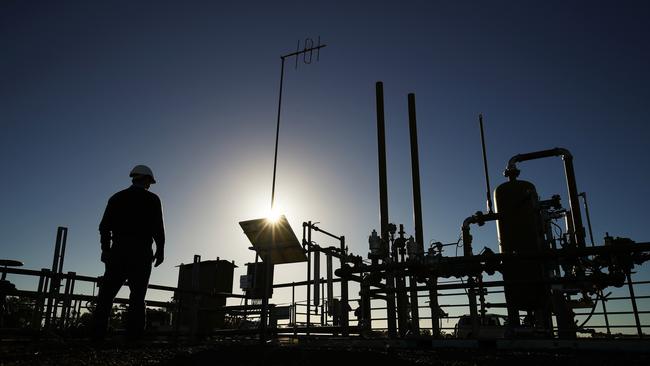
Still, Lock The Gate says Santos can’t erase the fact that significant opposition to Narrabri remains in the wider community.
Politically, questions remain too. NSW Energy Minister Matt Kean caused ructions after he told The Australian ahead of the IPC decision it would still be “a big gamble” for the producer to move ahead with the project, given his view fossil fuels could become stranded assets as investors switch to renewables.
“Santos and Kevin Gallagher have spent years ignoring and sidelining the legitimate concerns and opposition of people in northwest NSW who don’t share his industrial vision for their agricultural communities,” Lock the Gate Alliance NSW spokeswoman Georgina Woods said.
“The IPC decision doesn’t change any of this. Santos can’t wish that away, and the company’s investors ignore it at their peril. In the absence of any political leadership, it’s logical and necessary that we ensure potential investors are aware of the risks and damage that this gas field will inflict. This is why we have created the Narrabri Fightback Fund.”
Others also remain wary. Former BP Australasia president Greg Bourne, now an adviser to the Climate Council, says a move by big energy majors including Shell and BP to cleaner fuels had underlined the clock was ticking on investments in fossil fuels. Australia’s LNG sector blowing up more than $20bn in writedowns has also raised doubts over the next wave of energy investments.
“What seriously concerned me in the lead-up to the decision, and continues to do so in the aftermath of the approval, is the fact that until very recently, fossil fuel companies lived in their own self-reinforced world, in which production and consumption continuously trended upwards with world economic growth and this is no longer the case,” Mr Bourne says.
“Oil and gas prices are depressed. Energy companies around the world are taking billions of dollars in writedowns, and there’s a global gas and oil glut. In a world awash with cheap gas that can’t find a market, Narrabri’s role for Santos is to be a Trojan Horse.”
Gallagher, though, is showing no signs of changing course. He remains focused on meeting buyers’ demand for oil and gas products and says companies like Santos will fill the gap if bigger energy majors change direction.
“Basically what I see many of them doing is going into a new sector — the power sector — and that’s their strategy and time will tell if that’s a good strategy. I think if they’re not investing in the oil and gas opportunities worldwide, that’s only going to lead to a shortage of supply in some of those areas of the market that can only be good for us.”
The investment case likely still stacks up for Narrabri given a looming supply shortage, consultancy Wood Mackenzie says.
The IPC “decision was not a surprise”. WoodMac senior analyst Dan Toleman says. “New supply sources are definitely needed to support the Australian federal government’s desire for a gas-led economic recovery.”
Casey, the Eastern Star Gas boss who held such high hopes for Narrabri nearly a decade ago, is hopeful Narrabri gas will eventually flow after years of false starts.
“I live in NSW and I’d like to see it progress and I’d like my energy prices to come down. “But there are still some challenges and in the world we live in who knows?”


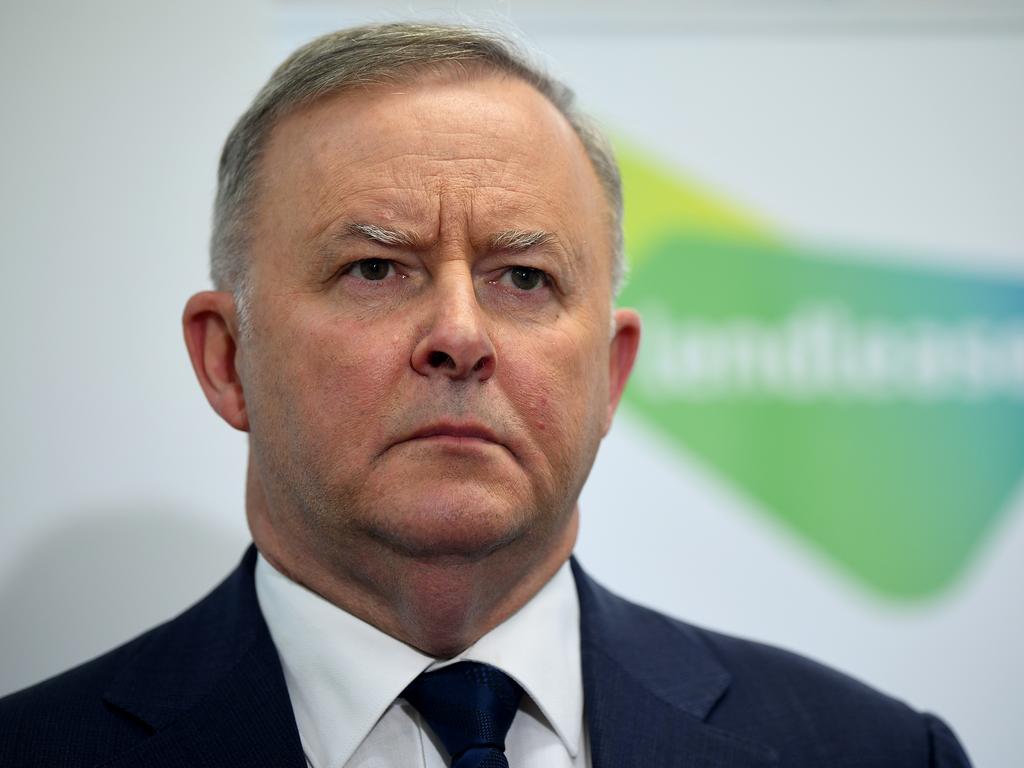
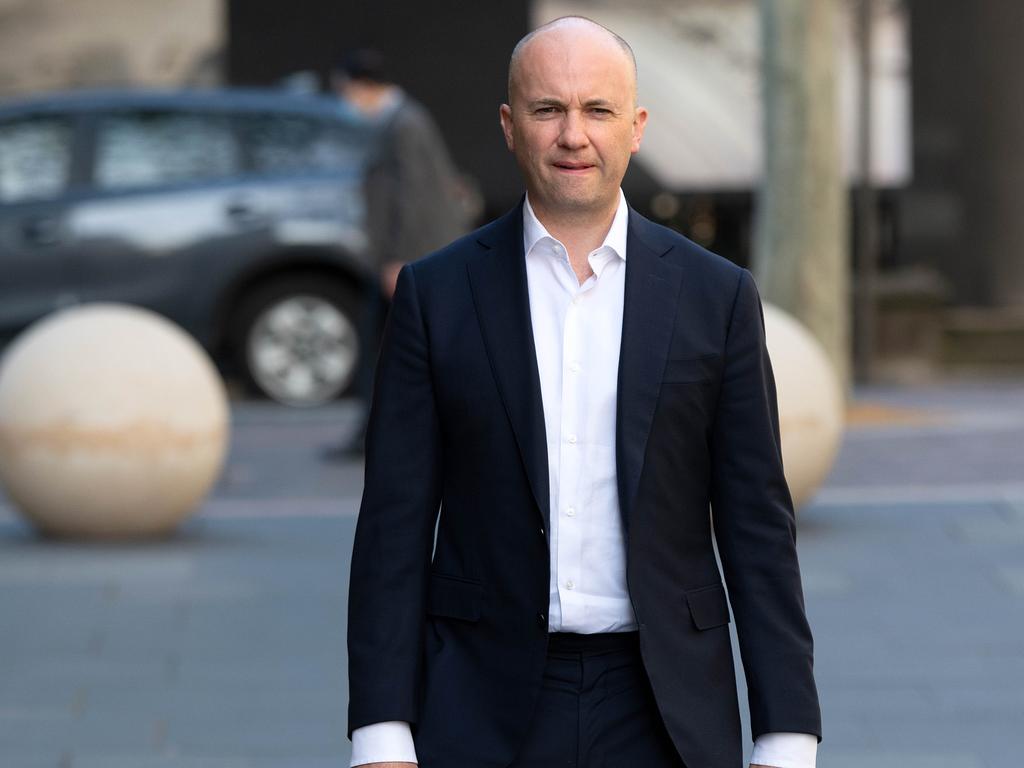
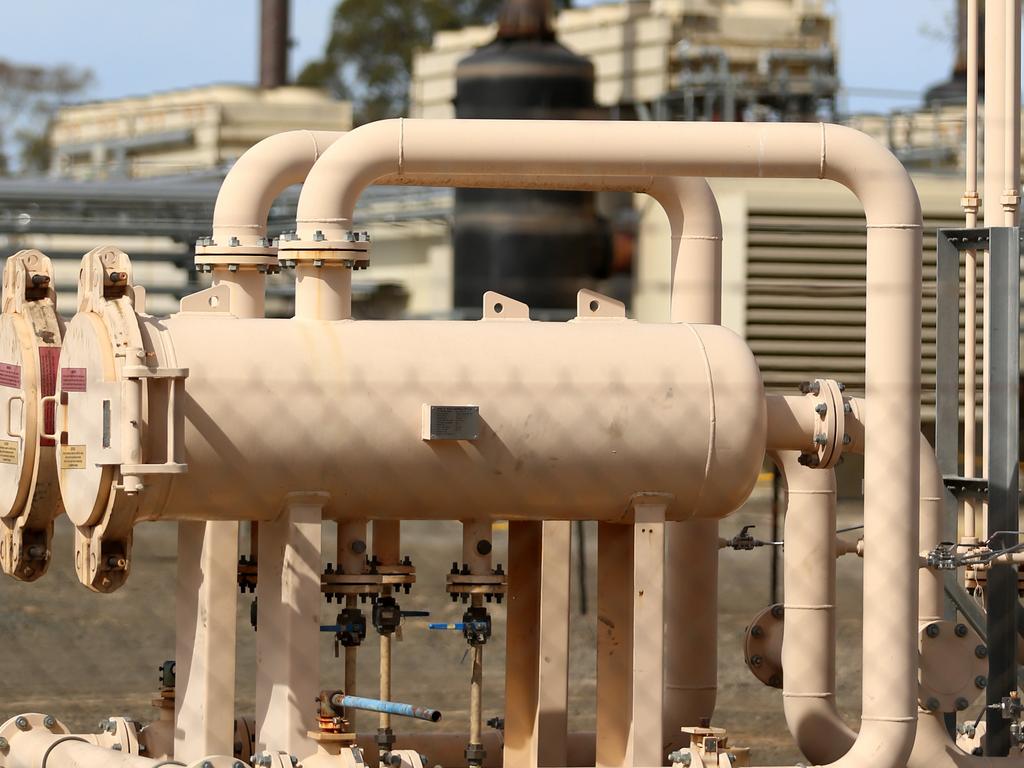

To join the conversation, please log in. Don't have an account? Register
Join the conversation, you are commenting as Logout